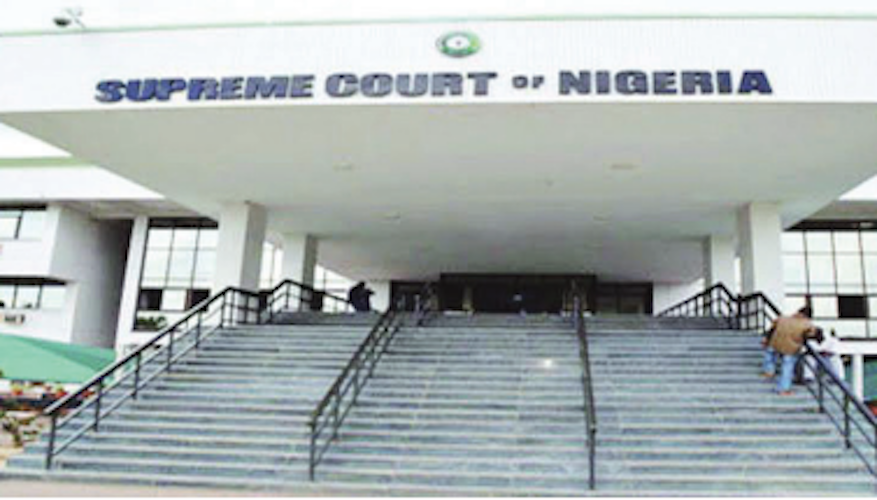The Supreme Court of Nigeria has thrown out a lawsuit brought by several state Attorneys General challenging the constitutional validity of the Economic and Financial Crimes Commission (EFCC). The case, led by Kogi State, questioned the EFCC Act, arguing that it bypassed constitutional requirements regarding international treaties.
The seven-member panel, headed by Justice Uwani Abba-Aji, ruled unanimously to reject the lawsuit, deeming it without merit. Kogi State’s counsel, Mohammed Abdulwahab, SAN, argued that the EFCC Act’s incorporation of the United Nations Convention Against Corruption was unconstitutional, as the law had not received approval from a majority of state Houses of Assembly, as required by Section 12 of the 1999 Constitution. This, he claimed, invalidated the EFCC Act and similar anti-corruption laws.
The plaintiffs also contended that the EFCC and NFIU lacked the authority to investigate state or local government funds, accusing the agencies of encroaching on state powers. Abdulwahab sought a court ruling to nullify the creation of these agencies, arguing it would prevent a potential constitutional crisis.
Attorney General of the Federation, Lateef Fagbemi, SAN, defended the EFCC, asserting that dismantling Nigeria’s anti-corruption agencies would harm the nation’s efforts to combat financial crimes. He argued that the National Assembly has the authority to create laws applicable nationwide to address corruption.
The court ultimately upheld the EFCC Act, ruling that the National Assembly’s legislative powers on corruption are valid and enforceable across all states. Justice Abba-Aji noted that Kogi’s revelations about state officials being investigated exposed ulterior motives behind the lawsuit, describing it as an attempt to shield certain officials.
“No state has the right to enact laws that contradict the statutes passed by the National Assembly,” Justice Abba-Aji said, delivering the judgment. The court dismissed the suit in its entirety, reaffirming that the EFCC Act and other federal anti-corruption laws remain constitutional and enforceable across Nigeria.

